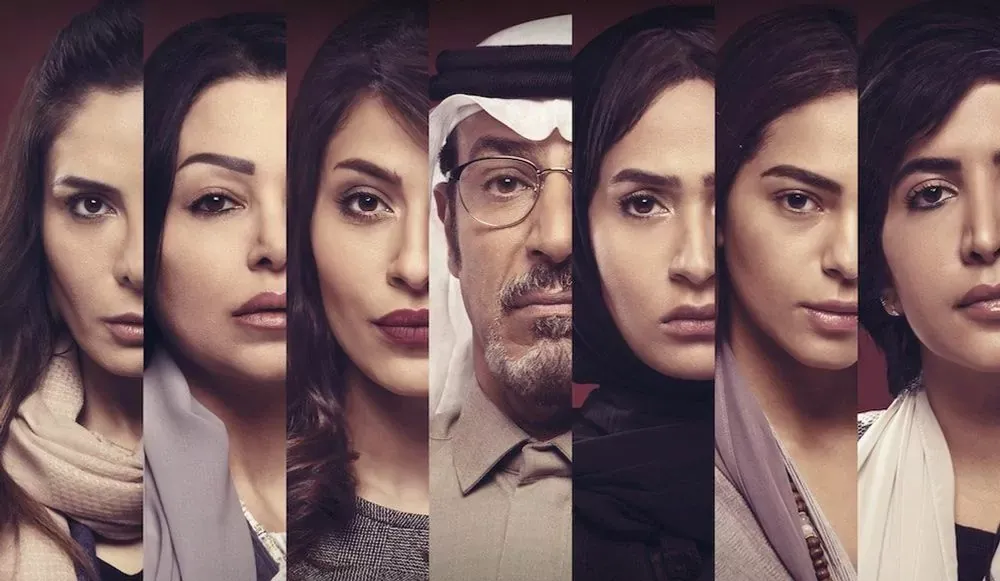
Arab cinema is taking the international film stage by storm, with filmmakers from Tunisian, Moroccan, and Franco-Palestinian-Algerian backgrounds leaving their mark at prestigious festivals like the Venice Film Festival and the Toronto Film Festival. This article explores the flourishing Arab film industry, highlighting key developments and the emergence of new talent. Join us on a cinematic journey that showcases the diversity, creativity, and growing influence of Arab cinema.
A Growing Presence on the Global Stage
As we delve into the world of Arab cinema, it's evident that the annual production of Arab films is on the rise. With the emergence of new filmmakers, festivals like El Gouna, Marrakech, Cairo, and Red Sea are becoming hubs for fresh regional titles. These festivals serve as platforms for Arab filmmakers to showcase their work to a global audience.
Venice Film Festival: Nurturing Arab Talent
Venice Film Festival has played a pivotal role in nurturing Arab talent, evident in the success of Cannes Critics’ Week prize-winner "Inshallah a Boy," which benefited from the essential Final Cut in Venice industry program. This program also contributed to the recognition of Cannes Un Certain Regard title and best documentary co-winner, "The Mother of All Lies." Another gem from Venice Days, "Backstage," explores the world of contemporary dance, further showcasing the diversity of Arab cinema.
Final Cut in Venice: Bridging the Gap
Final Cut in Venice is a vital initiative supporting films in post-production from the Middle East and Africa. This program aims to enhance Venice's role as a bridge-builder, promoting independent, quality films on the international market. The increasing number of work-in-progress films received indicates a positive trend in production despite the challenges posed by the COVID crisis.
Daring and Diverse Filmmaking
Arab cinema selected for festivals stands out for its daring formal language, diverse genres, and willingness to confront societal taboos. Two documentaries, "Four Daughters" by Tunisian Kaouther Ben Hania and "The Mother of All Lies" by Moroccan Asmae El Moudir, exemplify this bold approach and shared the Golden Eye for best documentary at Cannes.
"Bye Bye Tiberias": A Family-Focused Gem
"Bye Bye Tiberias," premiering at Venice and later at Toronto, is a family-focused documentary by director Lina Soualem. This heartwarming film combines archival material and contemporary footage to trace four generations of women from the family of her Palestinian mother, renowned actress Hiam Abbass, known for her pivotal role on "Succession."
Saudi Arabia's Growing Influence
Saudi Arabia's presence in regional cinema is stronger than ever, with financial support for numerous Arab films and an increasing number of Saudi directors. The Red Sea Fund, associated with Jeddah’s Red Sea Intl. Film Festival, is instrumental in boosting local film finance. The availability of home-grown Saudi films is also on the rise, indicating a promising future for Saudi cinema.
Toronto's Embrace of Saudi Cinema
Toronto Film Festival has shown significant interest in Saudi films this year, selecting three titles through open submissions. Notable among them are Ali Kalthami’s dark comedy "Mandoob" and Meshal Aljaser’s madcap creature feature "NAGA," both part of the Saudi film collective and production company, Telfaz11. This marks a promising trend for emerging Saudi directors and Saudi Arabia's growing presence as a production hub.
Genre Storytelling Takes Center Stage
A noteworthy milestone is "NAGA" being the first Saudi film selected for Toronto’s Midnight Madness program. It captivates audiences with its shocking prologue, setting the stage for a compelling narrative that explores potent and provocative themes without compromising character development or momentum.
{finish}
Conclusion
Arab cinema is in the midst of an exciting renaissance, with filmmakers from diverse backgrounds making their mark on the international stage. The growth of this industry, supported by initiatives like Final Cut in Venice and the Red Sea Fund, promises a bright future for Arab cinema. Audiences worldwide can look forward to more daring and diverse films that challenge conventions and tell powerful stories.
FAQs
1. What are the key festivals that feature Arab cinema?
- Arab cinema shines at festivals like Venice, Toronto, El Gouna, Marrakech, Cairo, and Red Sea.
2. How has Venice Film Festival contributed to Arab cinema?
- Venice Film Festival has nurtured Arab talent through programs like Final Cut in Venice, which supported award-winning films.
3. What makes Arab cinema stand out at festivals?
- Arab cinema stands out for its daring formal language, diverse genres, and willingness to confront societal taboos.
4. How is Saudi Arabia influencing regional cinema?
- Saudi Arabia is playing a significant role by financially supporting Arab films and promoting emerging Saudi directors.
5. What is the significance of "NAGA" at Toronto Film Festival?
- "NAGA" marks the first Saudi film selected for Toronto’s Midnight Madness program, showcasing the rise of genre storytelling in Arab cinema.
